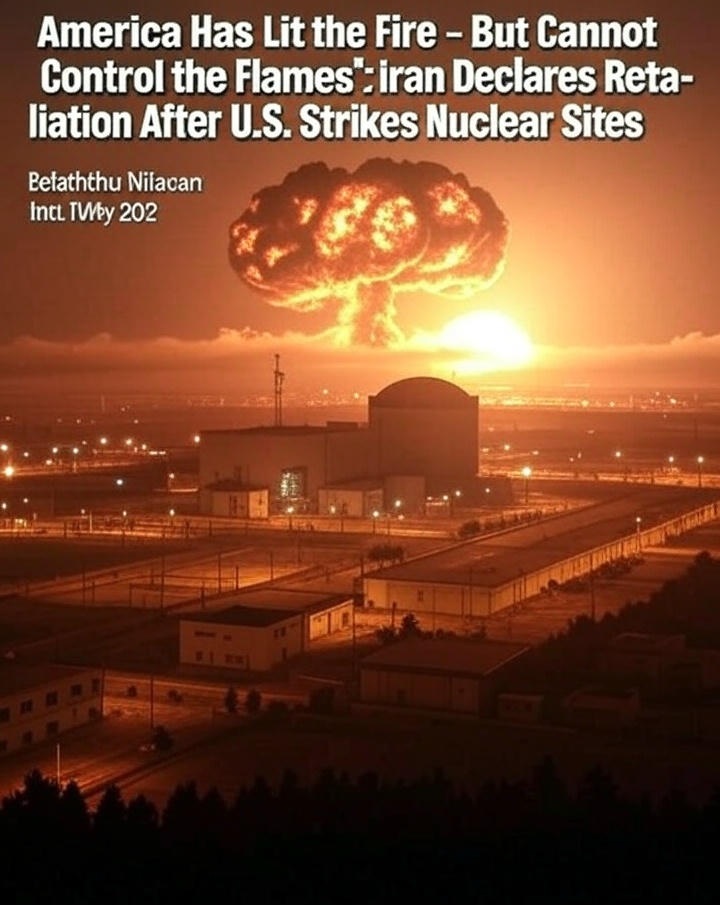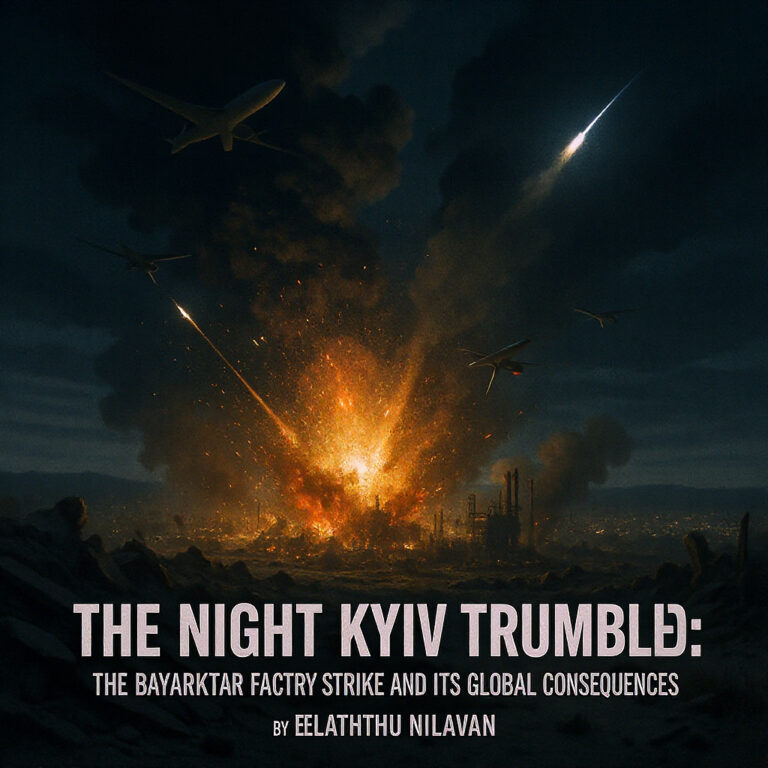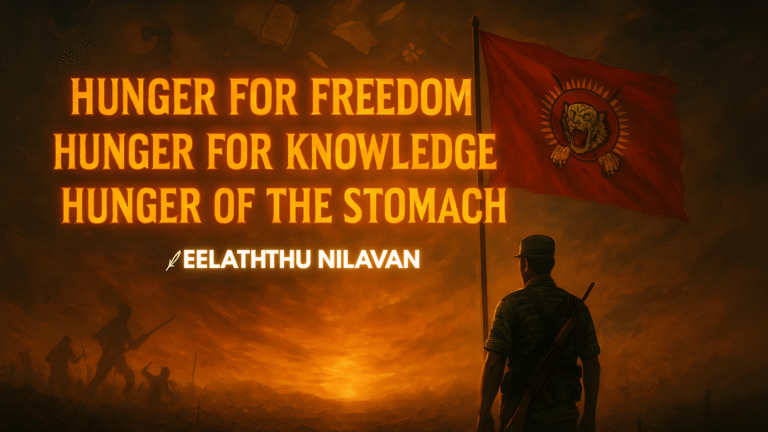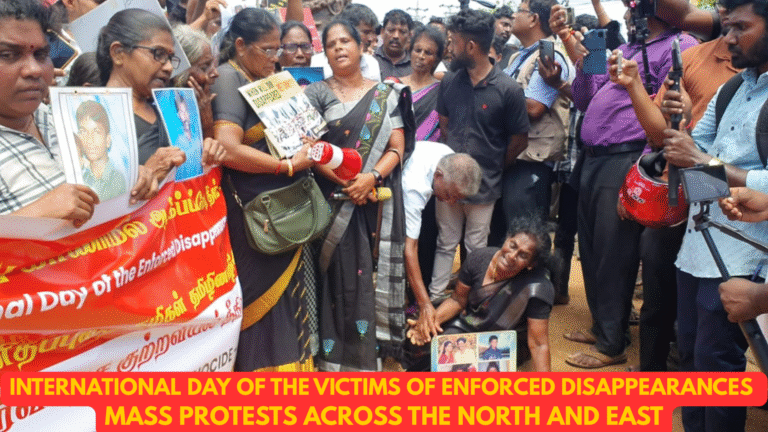
✦.The Breaking Point
In a sharp escalation of military and diplomatic tension, the United States conducted precision airstrikes on three Iranian nuclear facilities—Fordow, Natanz, and Isfahan—in a mission President Donald Trump called a “spectacular military success” that “obliterated Iran’s nuclear program”. Within hours, Iranian Foreign Minister Abbas Araghchi appeared before reporters in Istanbul at the OIC summit, delivering a blistering denunciation of the strikes as a “clear act of aggression” and “a violation of international law”, specifically targeting the UN Charter and the NPT.

✦.TODAY’S PRESS CONFERENCE – FULL DETAILS
Speaking from Istanbul on June 22, 2025, Araghchi emphasized Iran’s profound outrage:
He called the strikes “outrageous” and warned of “everlasting consequences”, asserting that “there is not a single red line that the U.S. has not crossed”.
Araghchi rejected the notion of self-defense justification, stating the strikes undermined “peace and stability in the region” and fostered a “law-of-the-jungle mentality” .
He emphasized Iran would pursue legal, diplomatic, and military options, including filing a formal complaint to the UN Security Council, holding the IAEA Director‑General accountable, and preserving its right to self‑defense.
Araghchi noted that previous negotiations—first with the U.S., then with the EU—had been “blown up” by the strikes, explicitly stating:
> “We were in negotiations… when Israel decided to blow up that diplomacy. This week, we held talks with the E3/EU when the U.S. decided to blow up that diplomacy. What conclusion would you draw?”.
He demanded accountability from the UN Security Council, Secretary‑General Guterres, and international organizations for failing to prevent this “reckless and unlawful act”.
A pointed attack on the IAEA, characterizing it as complicit in espionage, Araghchi issued a warning: “The U.S. must accept the consequences”.
✦.Strategic Analysis & Implications
❖. The Death of Diplomacy
The strikes shattered active diplomatic channels with the EU, pulling the rug out from under fragile negotiations in Geneva. Araghchi’s accusation—that both U.S. and Israeli actions sabotaged talks—underscores the collapse of trust.
❖. A Turn Toward Open Warfare
Within hours, Iran responded with missile strikes targeting Israel, injuring dozens in Tel Aviv and Haifa. Hezbollah and Houthi proxies have also entered a heightened alert. This move signals a shift from covert proxy battles to open symmetric military confrontation.
❖. Legal Lines Crossed
Araghchi described the strikes as “reckless violation of the UN Charter and NPT”, asserting that preemptive strikes on nuclear sites lacking a declared imminent threat amount to illegal aggression. Meanwhile, U.S. officials and Trump allies framed it as a legitimate preventive strike, citing intelligence indicating Iran’s uranium was near weapons-grade.
❖. Unity in Tehran, But Risk On the Ground
Despite internal woes—like the plummeting rial and rising unrest—Tehran’s elite, including Ayatollah Khamenei and IRGC commanders, have backed a “measured retaliation”, with a unified front expressed in Araghchi’s resolute tone.
❖. Trump’s High-Stakes Gambit
The aggressive strike serves dual purposes: to derail EU-mediated talks and reinforce Trump’s political brand as a foreign-policy hard-liner. But the move sparked bipartisan backlash in Washington for bypassing Congress under the War Powers resolution.
❖. Global Shockwaves
Oil prices surged past $110/barrel, insurers declared parts of the Gulf “war-risk zones,” and shipping costs spiked. The IMF warns of oil and food inflation if the conflict endures.
✦.Conclusion:
Today’s press conference marks a turning point: language of diplomacy scorched, missiles unleashed in retaliation, and a global legal order challenged. As Araghchi warned in Istanbul: “America has lit a fire it cannot control.”
The next 72 hours will determine whether this escalation spirals into full-scale conflict, on whose watch and to what consequence.
❖ Eelaththu Nilavan ❖
22/06/2025
The views expressed in this article are the author’s own and do not necessarily reflect Amizhthu’s editorial stance.




